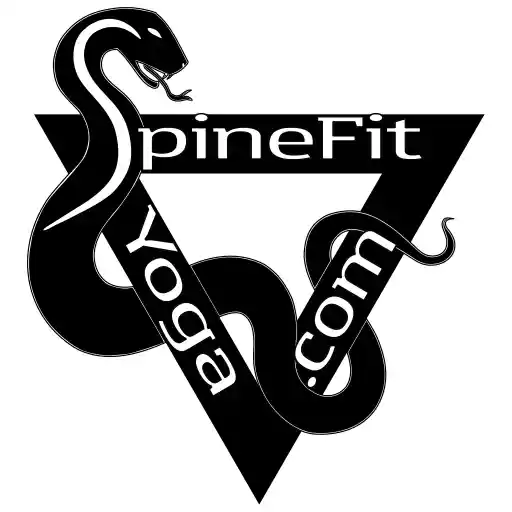Abstract
BACKGROUND:
Shortening of the iliotibial band (ITB) has been considered to be associated with low back pain (LBP). It is theorized that ITB tightness in individuals with LBP is a compensatory mechanism following hip abductor muscle weakness. However, no study has clinically examined this theory. The purpose of this study was to investigate the muscle imbalance of hip abductor muscle weakness and ITB tightness in subjects with LBP.
METHODS:
A total of 300 subjects with and without LBP between the ages of 20 and 60 participated in this cross-sectional study. Subjects were categorized in three groups: LBP with ITB tightness (n = 100), LBP without ITB tightness (n = 100) and no LBP (n = 100). Hip abductor muscle strength was measured in all subjects.
RESULTS:
Analysis of Covariance (ANCOVA) with the body mass index (BMI) as the covariate revealed significant difference in hip abductor strength between three groups (P < 0.001). Post hoc analysis showed no significant difference in hip abductor muscle strength between the LBP subjects with and without ITB tightness (P = 0.59). However, subjects with no LBP had significantly stronger hip abductor muscle strength compared to subjects with LBP with ITB tightness (P < 0.001) and those with LBP without ITB tightness (P < 0.001).
CONCLUSION:
The relationship between ITB tightness and hip abductor weakness in patients with LBP is not supported as assumed in theory. More clinical studies are needed to assess the theory of muscle imbalance of hip abductor weakness and ITB tightness in LBP.
My comments:
In my opinion IT Band Syndrome is over diagnosed and greatly over discussed on the internet in comparison to how often it really happens. I think this has a lot to do with foam roll salesmen trying to create a problem that they can then treat. However, I think both the problem and the response to rolling on said foam rolls is largely psychological. Greater trochanteric pain syndrome (GTPS), often misdiagnosed as trochanteric bursitis, is a real problem and is secondary to hip abductor weakness, tendon tearing and tendinopathy. Such weakness is also strongly associated with knee pain/patellofemoral pain syndrome, and a comorbidity with low back pain. As such, it is no surprize that hip weakness, but not IT band tightness, is associated with low back pain. Taking this into account, physical therapy exercise programs should include hip abduction exercises as part of a comprehensive rehabilitation program for back pain, as well as knee and hip pain. Probably, it isn’t a bad idea to include it when training for a general fitness program as well. In contrast, IT band stretches are probably a waste of time.
Thanks for reading my blog. If you have any questions or comments (even hostile ones) please don’t hesitate to ask/share. If you’re reading one of my older blogs, perhaps unrelated to neck or back pain, and it helps you, please remember SpineFit Yoga for you or someone you know in the future.
Chad Reilly is a Physical Therapist, obtaining his Master’s in Physical Therapy from Northern Arizona University. He graduated Summa Cum Laude with a B.S. Exercise Science also from NAU. He is a Certified Strength and Conditioning Specialist, and holds a USA Weightlifting Club Coach Certification as well as a NASM Personal Training Certificate. Chad completed his Yoga Teacher Training at Sampoorna Yoga in Goa, India.

Leave a Reply